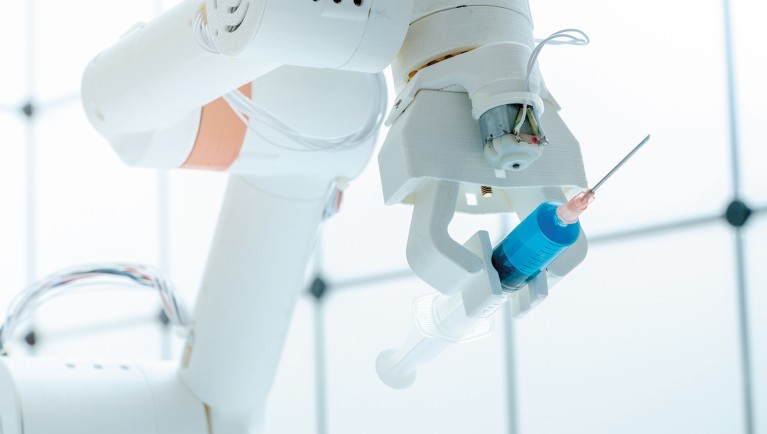
Credit: Wladimir Bulgar/Science Photo Library/Getty
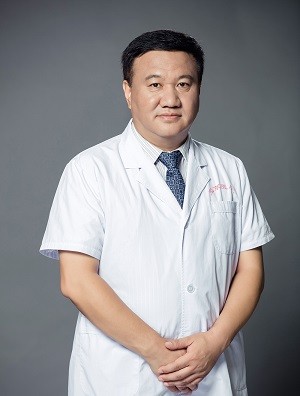
Liguo Zhu
Former president of Wangjing Hospital, academician of the Chinese Academy of Engineering, Beijing
“Integrating traditional and modern approaches to orthopaedic and trauma medicine is an important addition to global healthcare,” says Zhu. This is reflected at Wangjing Hospital, which is developing scientific approaches to traditional Chinese medicine (see ‘Robot trainer helps perfect orthopaedic technique’).
The hospital’s department of Orthopaedics and Traumatology is a national key clinical specialty of the State Administration of Traditional Chinese Medicine.
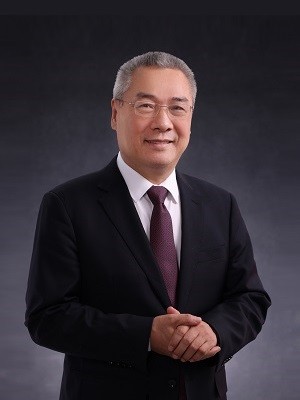
Zhenchang Wang
Vice president of Beijing Friendship Hospital of the Capital Medical University, member of the Chinese Academy of Engineering, Beijing
“Ultra-high resolution CT bone scanning technology is Beijing Friendship Hospital’s speciality,” says Wang.
Wang sees a huge international market for the hospital’s high-performance bone-imaging equipment, which has just gone into commercial production (see ‘CT scanning for even the tiniest of bones’).
The hospital’s competitive advantage lies in its focus on developing high-performance imaging equipment.
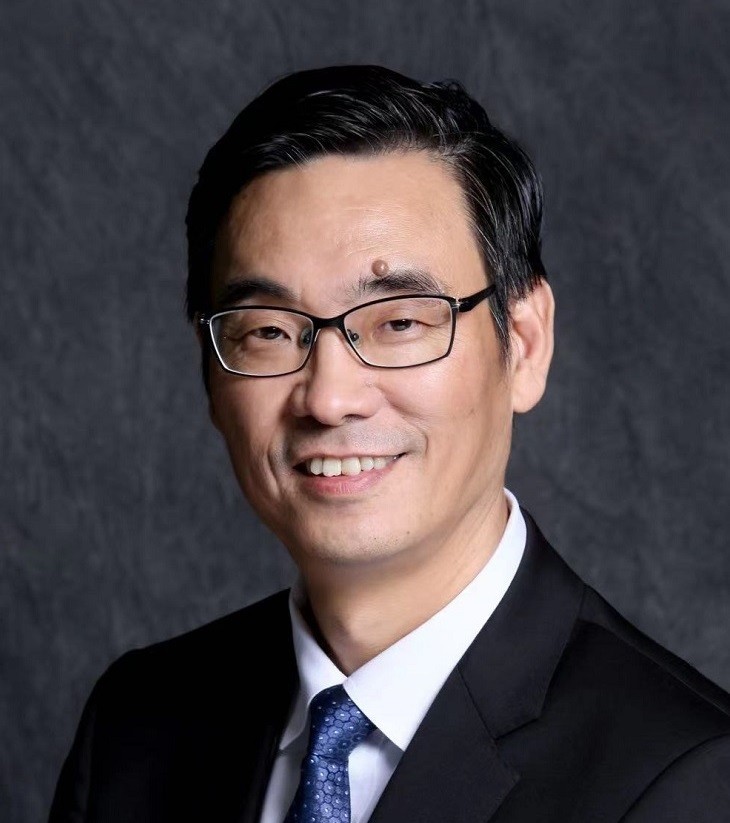
Qinxian Jin
Director of Beijing-Tsinghua Industrial R&D Institute, Beijing
“Our institute excels at the development of high-end medical devices, and the incubation of innovative start-ups,” says Jin.
Jin and his team are developing a system to ensure research in universities responds to market needs.
In the next decade, the Beijing-Tsinghua Industrial R&D Institute will prioritize connecting research and industry resources for technology transfer, and promoting high-end medical device research.
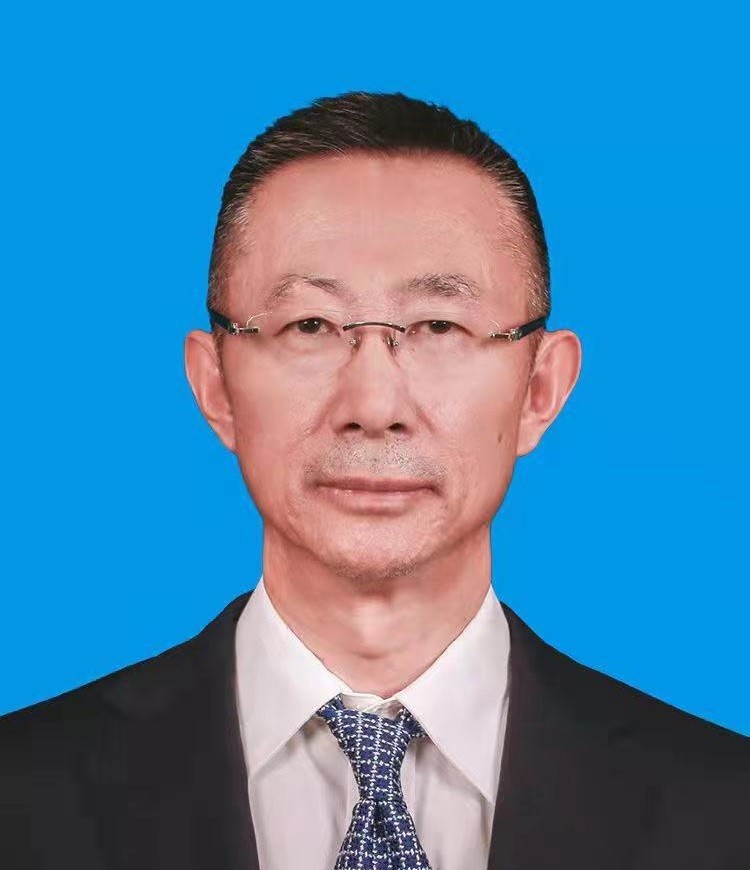
Xieyuan Jiang
Director of Beijing Jishuitan Hospital
“Our hospital is committed to advancing orthopaedic surgical robots for minimally invasive treatments for trauma and for artificial joint replacements,” says Jiang. “In the coming decade, our focus will be on AI-enhanced surgical robots.”
Founded in 1956, the Beijing Jishuitan Hospital specializes in burn surgery and orthopaedics (see ‘Adapting robot surgeons to fix skeletal injuries’). The teaching hospital, affiliated with Peking University and Capital Medical University, Beijing, has around 1,000 beds.
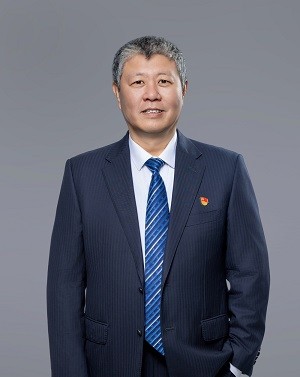
Hongjia Zhang
President of the Beijing Anzhen Hospital
“As a leader in cardiovascular disease treatment in China, our hospital is committed to advancing innovation in cardiovascular device research and application,” says Zhang. The Beijing Anzhen Hospital was the first to use the atomic magnetometer, developed by Beijing X-Magtech Technologies, to measure magnetic fields in the heart to help identify blood shortages (see ‘New device measures tiny magnetic fields in the body’).
Zhang’s team is developing a multi-centre collaborative robot system for cardiovascular surgeries.
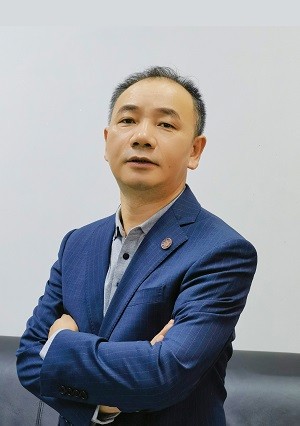
Yonghong He
Professor of the Institute of Biopharmaceutical and Health Engineering, Shenzhen International Graduate School, Tsinghua University
“We research, develop, and commercialize medical optical instruments,” says He. “In the next decade, we will carry out AI-driven precision disease diagnosis using large model training of multimodal clinical data.”
He’s team works with the Shenzhen Shengqiang Technology Company to develop digital pathology tools (see ‘With digital and AI tech, pathology looks to the future’).
The research team and the company are also collaborating with global research institutions to develop optical diagnostics.

Chong Pan
Dean of the School of Aeronautic Science and Engineering, Beihang University, Beijing
“Our team focuses on mechanical problems in bones and teeth, and on blood flow through blood vessels and heart valves,” says Pan. “We have a history of theoretical modelling and experimental research.”
Besides developing an endodontic robot (see ‘The robot that may one day do your root canal surgery’), Pan’s team is developing components of an artificial heart.
The team works with front-line medical staff to develop novel devices. It also collaborates on medical device research and development with Peking Union Medical College Hospital.
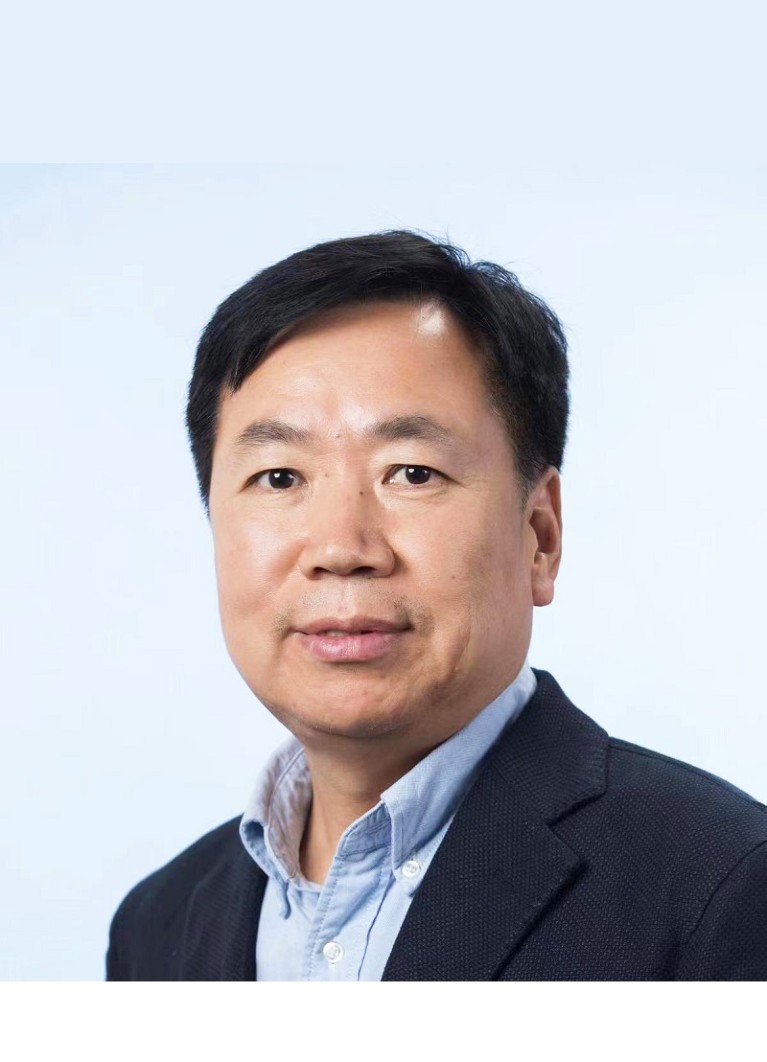
Zengguang Hou
Professor at the State Key Laboratory of Multimodal Artificial Intelligence Systems, Institute of Automation, Chinese Academy of Sciences, Beijing
“The Institute of Automation is one of the first in China to research high-end medical devices, such as surgery robots,” says Hou. “We are now focusing on AI for autonomous intelligence in medical devices.”
Hou is also chief scientist at Beijing Zhongke Hongtai Medical Technology Company. Founded in 2018, the company is developing robots that will complete complex surgeries, reducing surgeons’ exposure to radiation (see ‘How robot assistants can improve vascular surgery’).









